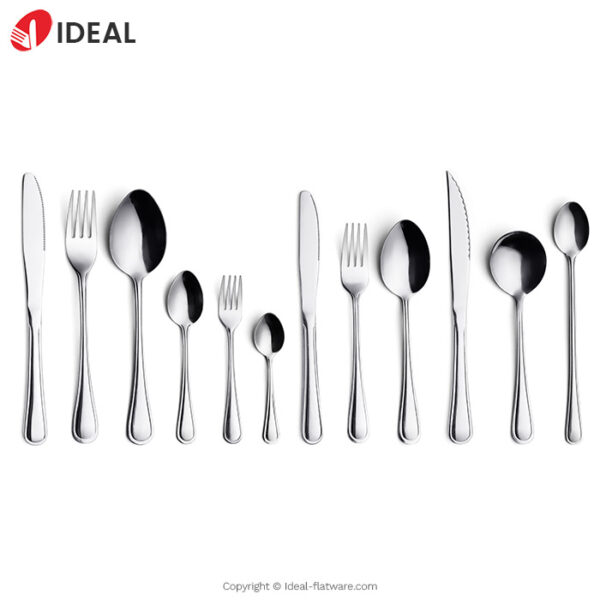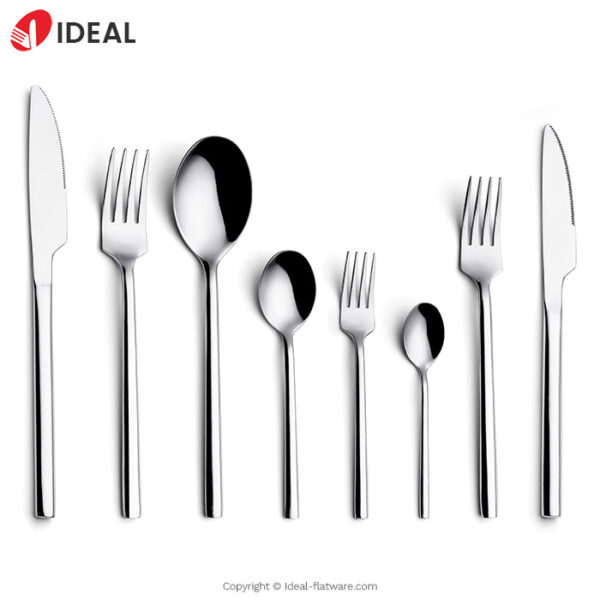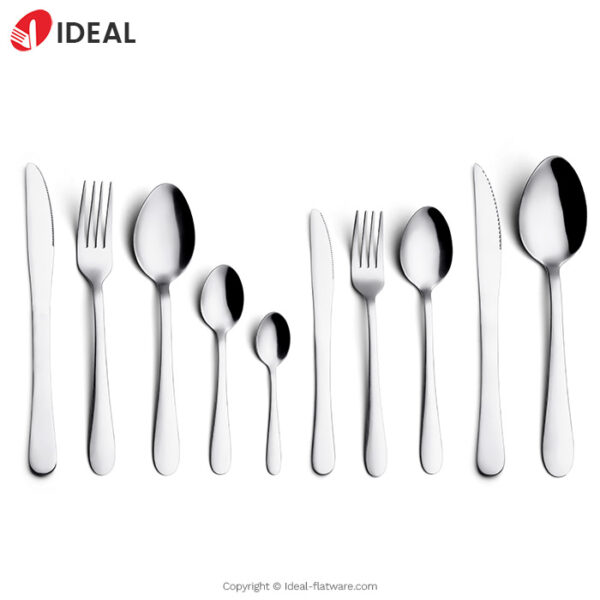There are several varieties of stainless steel that are utilized for various applications. 304 stainless steel, which contains chromium and nickel, is one of the most regularly used stainless steels. As a result, many people ask whether or not this sort of stainless steel is magnetic. Let’s look at the solution.
Austenitic stainless steel grade 304 is non magnetic, which means it cannot be attracted by magnetic fields and will not hold a permanent magnet on its surface. This is a significant consideration when selecting materials for particular engineering projects and equipment where the presence of magnetic might disrupt performance. 304 stainless steel has anti-magnetic qualities due to its reduced nickel content and increased carbon content, making it a common choice for manufactured machinery components that do not require the strength or corrosion resistance of higher-grade stainless steel.
Properties of 304 Stainless Steel
Let us first go through the qualities of 304 stainless steel. When annealed, this stainless steel is non-magnetic, although it can become mildly magnetic when cold worked. It is resistant to corrosion and possesses high toughness even at extremely low temperatures. This makes it suitable for use in a wide range of applications, including household appliances and medical devices.
Magnetic Characteristics
As previously stated, 304 stainless steel has some magnetism on its surface due to the presence of chromium and nickel, both of which are ferromagnetic elements. This implies that when they are subjected to an external magnetic field, they will be attracted to it just like any other magnetized substance. However, as compared to other materials such as iron or cobalt alloys, the quantity of magnetism produced by this type of stainless steel is fairly low. Even yet, this can have an impact on certain applications that rely on total non-magnetism to perform properly.
Conclusion
Finally, due to the presence of chromium and nickel in its alloy composition, 304 stainless steel has some degree of magnetic on its surface. However, as compared to other ferromagnetic materials, such as iron or cobalt alloys, this proportion is extremely small and should not compromise most applications that rely on total non-magnetism for effective operation. If you want a totally non-magnetic material for your purpose, you should consider utilizing 316L grade stainless steel or a titanium alloy instead. Thank you for taking the time to read this!







